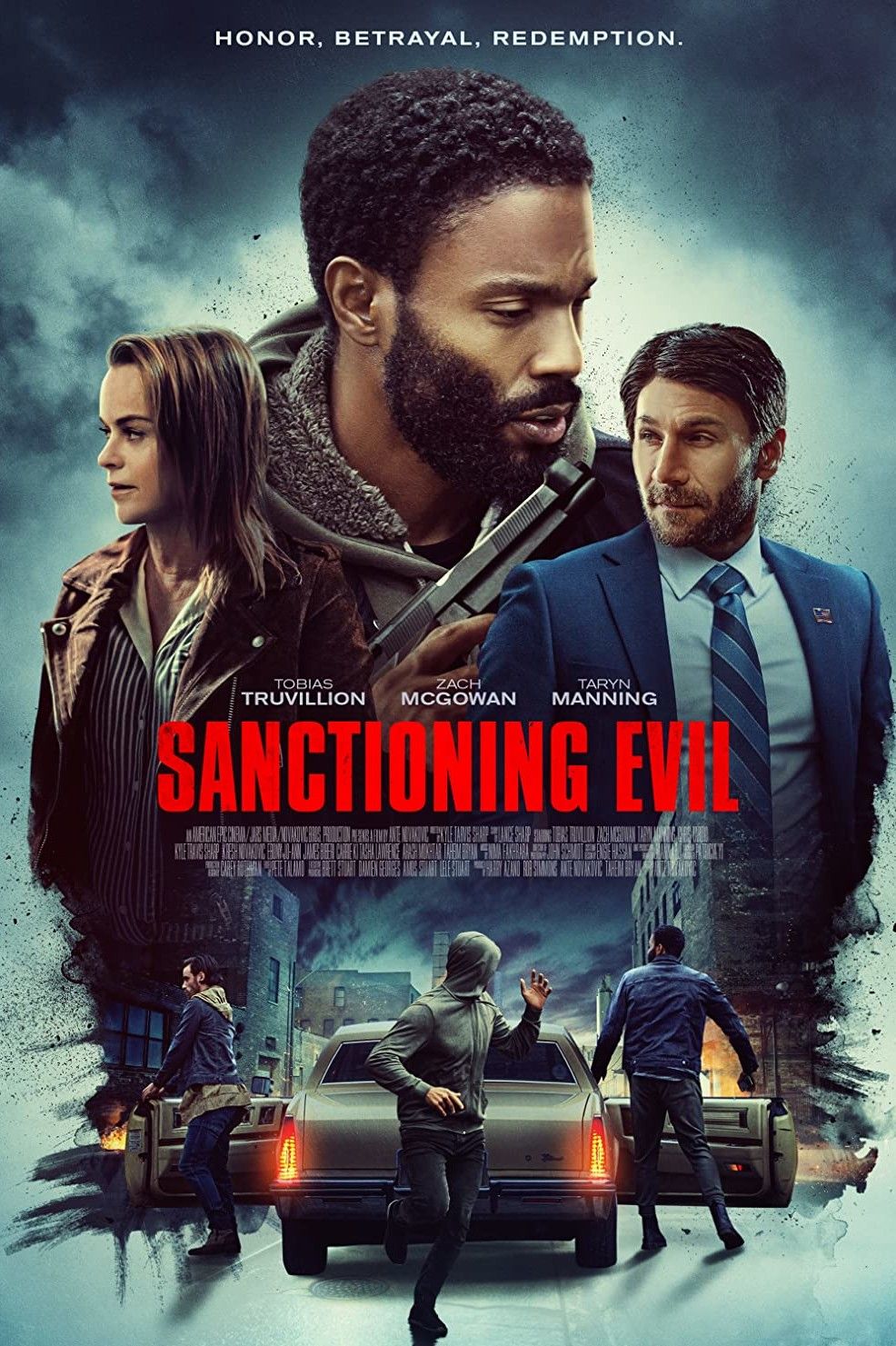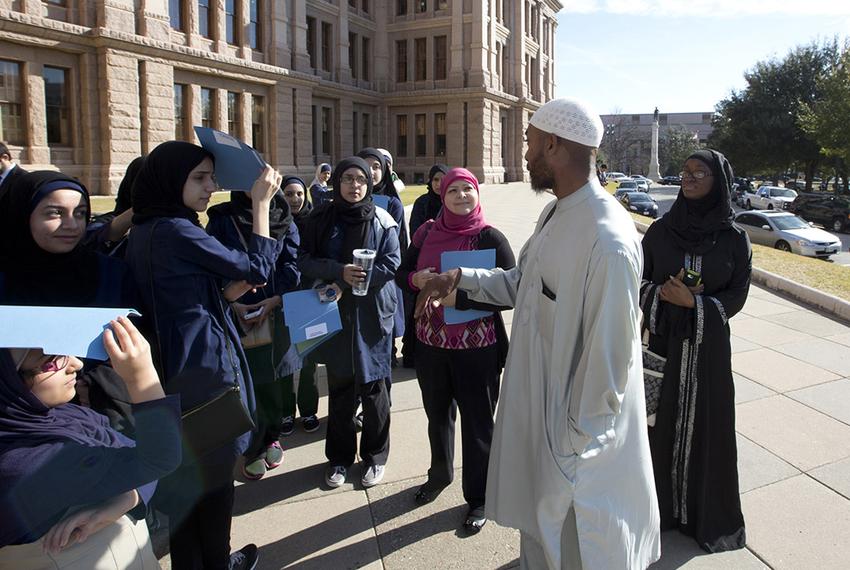Britain And Australia's Myanmar Policy: Hypocrisy In Sanctioning The Military While Ignoring Opposition Groups

Table of Contents
The Focus on Military Sanctions
Britain and Australia, like many Western nations, have imposed sanctions on the Myanmar military junta in response to the February 2021 coup and the subsequent violence. The rationale is clear: to pressure the military to cease its atrocities and restore democracy. These sanctions typically involve asset freezes, travel bans, and arms embargoes targeting key military leaders and entities. However, the effectiveness of these measures is debatable.
- Specific sanctions imposed by Britain: Include targeted sanctions on specific individuals and entities, asset freezes, and travel bans.
- Specific sanctions imposed by Australia: Similar to Britain, Australia has implemented targeted sanctions, focusing on senior military officials and associated businesses.
- Evidence of the limited effectiveness of these sanctions: The military leadership has demonstrated a capacity to circumvent sanctions through alternative financial networks and continued access to resources. The sanctions haven't significantly altered the military's behavior.
- Arguments for and against targeted sanctions on specific military personnel: While targeted sanctions can signal international condemnation and potentially impact individuals' finances, they often fall short of achieving regime change and may inadvertently harm the civilian population.
The Overlooked Actions of Opposition Groups
While the Myanmar military bears primary responsibility for the ongoing violence, various opposition groups, including the NUG and several EAOs, have also been implicated in human rights abuses. Ignoring these actions creates a problematic imbalance in the international response.
- Examples of alleged human rights abuses by the NUG: Reports of extrajudicial killings, arbitrary detentions, and the use of child soldiers have been documented by various human rights organizations. However, verifying information from conflict zones is incredibly challenging.
- Examples of alleged human rights abuses by EAOs: Some EAOs have been accused of recruiting child soldiers, engaging in forced displacement of civilians, and carrying out attacks against civilian populations. Again, independent verification remains difficult.
- Arguments for and against holding opposition groups accountable for their actions: Advocates for accountability argue that ignoring human rights abuses by any actor undermines the pursuit of justice. Conversely, others argue that the context of armed conflict and the fight for self-determination should be considered.
- The challenges in verifying information about human rights abuses in conflict zones: Access restrictions, security concerns, and the deliberate dissemination of misinformation make independent verification of allegations exceedingly difficult.
The Double Standard in International Policy
The selective application of pressure highlights a troubling double standard in international policy. The focus on sanctioning the military while largely ignoring the actions of certain opposition groups raises questions about political motivations and the consistency of international responses to human rights violations.
- Examples of inconsistencies in the application of international law and sanctions: The differing responses to human rights abuses depending on the perpetrator's affiliation (military vs. opposition) expose a lack of impartiality.
- Potential geopolitical reasons for overlooking the actions of some opposition groups: Geopolitical alliances and strategic interests may influence the international community’s response, leading to a selective approach to accountability.
- The long-term consequences of this selective approach to accountability: A lack of comprehensive accountability fuels further violence and instability, making a lasting peace more difficult to achieve.
- Comparison with similar international conflicts and responses: Comparisons with other conflicts demonstrate inconsistencies in the international community's approach to addressing human rights violations, often influenced by geopolitical considerations.
The Need for a More Holistic Approach
Addressing the Myanmar crisis requires a move beyond simply sanctioning the military. A more comprehensive strategy is necessary, one that holds all actors accountable for human rights violations, irrespective of their affiliation.
- Suggestions for improved international cooperation: Enhanced coordination among international organizations, governments, and human rights groups is crucial for effective monitoring and accountability.
- Potential mechanisms for independent monitoring and accountability: Establishing independent international investigations and supporting local human rights organizations can play a vital role.
- The importance of supporting human rights organizations working in Myanmar: Providing financial and logistical support to organizations documenting abuses is critical for ensuring accountability.
- The role of regional organizations in addressing the crisis: Regional organizations like ASEAN can play a more active role in mediating the conflict and promoting accountability.
Conclusion: Re-evaluating Britain and Australia's Myanmar Policy
The limitations of focusing solely on sanctioning the Myanmar military junta, while overlooking human rights abuses by opposition groups, are evident. A more balanced and comprehensive approach is urgently needed to address the complex crisis in Myanmar. This requires a commitment to holding all actors accountable for human rights violations, regardless of affiliation. We urge readers to engage with this crucial issue, advocating for a just and equitable resolution to the Myanmar crisis. Demand greater transparency and accountability from all involved international actors. Further research into Britain and Australia's Myanmar policy, focusing on the inconsistencies and the impact of selective sanctions, is essential to develop a more effective and ethical international response to the ongoing crisis. The international community must move beyond simplistic solutions and embrace a more holistic approach to resolving the Myanmar conflict. We must demand accountability for all human rights abuses, fostering a path toward sustainable peace and justice in Myanmar.

Featured Posts
-
 Natural Fiber Composites Market Key Trends And Future Projections To 2029
May 13, 2025
Natural Fiber Composites Market Key Trends And Future Projections To 2029
May 13, 2025 -
 Ftc V Meta A Deep Dive Into The Antitrust Case
May 13, 2025
Ftc V Meta A Deep Dive Into The Antitrust Case
May 13, 2025 -
 Doj Scrutiny Of Proposed Texas Muslim Mega City
May 13, 2025
Doj Scrutiny Of Proposed Texas Muslim Mega City
May 13, 2025 -
 Analisis Del Partido Atalanta Y Venezia Igualan Sin Goles
May 13, 2025
Analisis Del Partido Atalanta Y Venezia Igualan Sin Goles
May 13, 2025 -
 Sir Ian Mc Kellens Unforgettable Coronation Street Role A Stepping Stone To Stardom
May 13, 2025
Sir Ian Mc Kellens Unforgettable Coronation Street Role A Stepping Stone To Stardom
May 13, 2025
